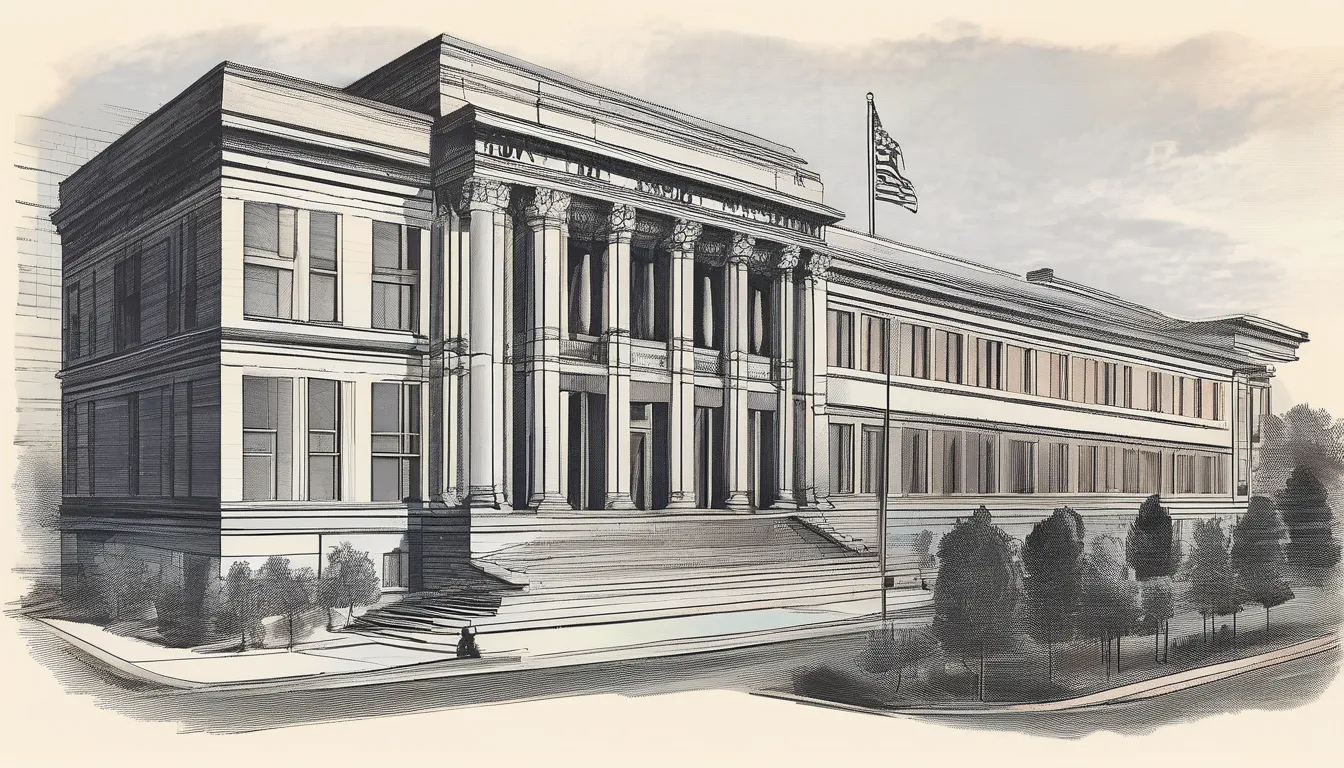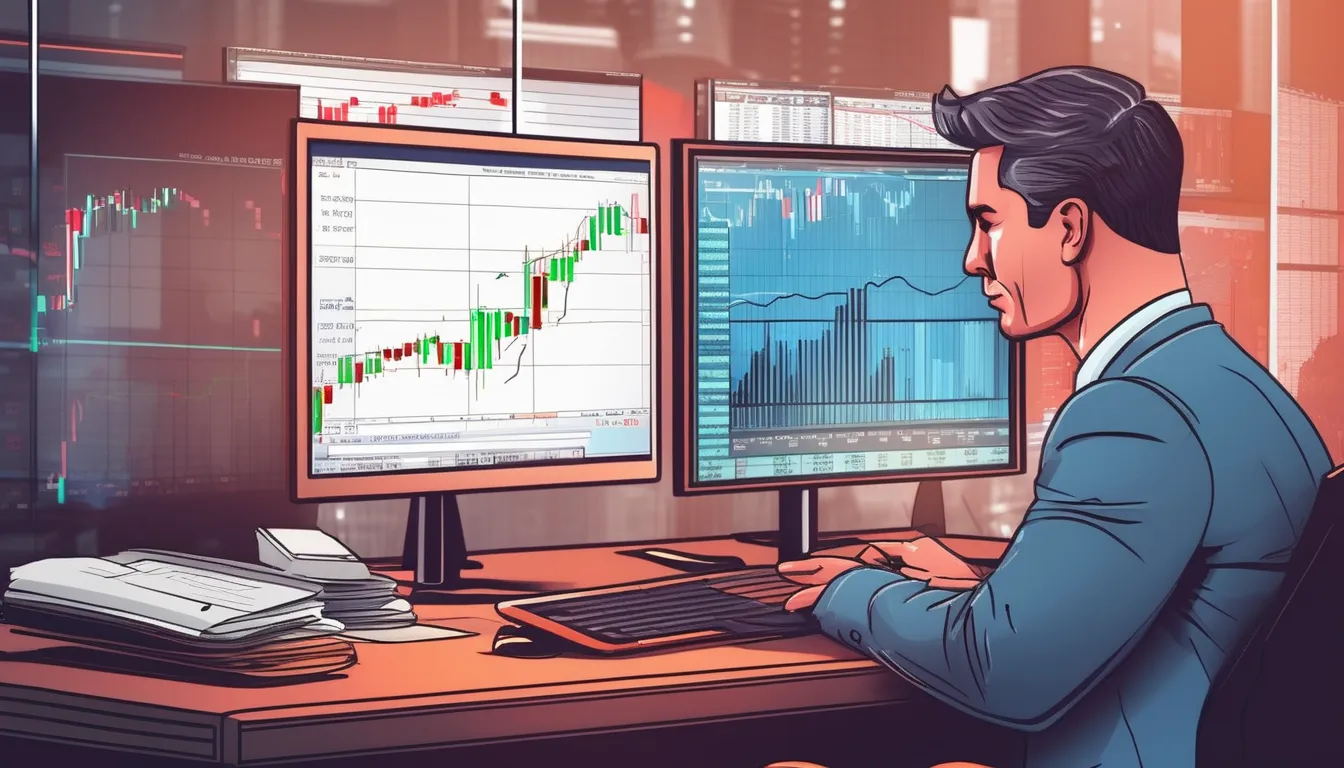
As you navigate the complex landscape of legislative processes, it’s crucial to consider the far-reaching effects of economic fluctuations. When economic downturns occur, policymakers face immense pressure to balance competing interests while crafting fiscal policies that stimulate growth. You might wonder whether lawmakers prioritize the broader public good or succumb to the influence of special interest groups, who wield significant power through lobbying, campaign contributions, and mobilizing public support. As you examine the intricate relationships between economic conditions and policy decisions, you’ll likely uncover surprising dynamics that raise more questions – what are the long-term consequences of these decisions? https://www.economistjurist.es/.
Economic Downturns and Policy Shifts
During economic downturns, you’re likely to see significant policy shifts as governments scramble to mitigate the damage.
These shifts often involve a mix of fiscal and monetary policies aimed at stimulating economic growth. You’ll notice that governments tend to increase public spending to boost aggregate demand, while also cutting interest rates to encourage borrowing and investment.
As you analyze these policy shifts, you’ll find that they can have both short-term and long-term effects on the economy.
In the short term, expansionary policies can help stabilize the economy and prevent further decline. However, in the long term, these policies can lead to increased debt and inflation, which can have unintended consequences.
You’ll also observe that policy shifts during economic downturns can be influenced by various factors, including the severity of the downturn, the government’s ideology, and the state of the global economy.
As you examine these factors, you’ll gain a deeper understanding of the complex relationships between economic conditions, policy decisions, and legislative processes.
The Role of Special Interest Groups
Influence and power dynamics play a significant role in shaping economic policy.
As you consider the legislative process, you’ll notice that special interest groups are a crucial part of it. These groups, often representing specific industries or causes, exert significant influence over policy decisions.
By donating to campaigns, hiring lobbyists, and mobilizing public support, they can sway lawmakers to adopt policies that benefit their interests.
You may wonder how these groups manage to wield so much power.
The answer lies in their ability to provide valuable resources to lawmakers.
By offering financial support, expertise, and grassroots backing, special interest groups can help lawmakers win elections and advance their careers.
In return, lawmakers may be more likely to support policies that benefit these groups, even if they don’t necessarily align with the broader public interest.
As you navigate the complex world of economic policy, it’s essential to understand the role special interest groups play in shaping the legislative process.
Fiscal Policy and Legislative Decisions
Considering fiscal policy‘s far-reaching impact on the economy, you’ll find that legislative decisions surrounding taxation and government spending are often contentious and highly politicized.
Lawmakers must balance competing interests and priorities when crafting fiscal policies, making it challenging to reach consensus.
On one hand, tax cuts can stimulate economic growth by putting more money in consumers’ pockets, but they also reduce government revenue and may lead to increased deficits.
On the other hand, tax increases can generate revenue for government programs, but they can also stifle economic growth by reducing disposable income.
When deciding on fiscal policy, you’ll need to weigh the potential benefits and drawbacks of different approaches.
You’ll consider factors such as the current state of the economy, the distribution of wealth, and the impact on various industries.
Effective fiscal policy requires a deep understanding of economic principles and the ability to make difficult trade-offs.
Economic Growth and Social Welfare
Economic growth and social welfare are closely intertwined, as the overall performance of an economy can significantly impact the well-being of its citizens.
You see this play out in various aspects of society, from access to healthcare and education to income inequality and poverty rates. When an economy is thriving, it’s likely that social welfare programs will receive adequate funding, enabling them to effectively support vulnerable populations.
On the other hand, economic downturns can lead to reduced government spending, resulting in decreased funding for social welfare programs.
This can exacerbate existing social issues, such as poverty and unemployment. As a result, policymakers must carefully consider the potential social implications of their economic decisions.
By prioritizing economic growth and social welfare simultaneously, you can create a more sustainable and equitable society. This involves implementing policies that promote job creation, fair wages, and access to essential services, ultimately leading to improved living standards for all citizens.
The Influence of Economic Lobbies
As policymakers navigate the complex landscape of economic decision-making, they often find themselves at the center of a tug-of-war between competing interests, with powerful economic lobbies pulling the strings from behind the scenes.
You may wonder how these lobbies influence policy decisions. The answer lies in their ability to mobilize resources, shape public opinion, and build relationships with key stakeholders.
Economic lobbies use various tactics to sway policymakers, including lobbying, campaign contributions, and grassroots mobilization.
They often present themselves as experts, providing policymakers with data-driven research and analysis that supports their interests. This can be particularly effective in shaping policy decisions, as policymakers may rely on these lobbies for information and guidance.
Additionally, economic lobbies may use their influence to block or delay policy initiatives that threaten their interests.
As you navigate the world of economic policy, it’s essential to be aware of the influence of economic lobbies and how they shape the legislative process.
This awareness can help you make more informed decisions and stay ahead of the curve.
Frequently Asked Questions
How Do Economists Measure Legislative Process Efficiency?
When you assess legislative process efficiency, you’ll likely use metrics like time-to-enactment, bill passage rates, and stakeholder participation. You might also evaluate costs, like staff resources and public funding, to gauge overall effectiveness and efficiency.
Can Elections Impact Economic Policy Significantly?
You see elections as a way to hold leaders accountable, but do they truly shape policy. Yes, they can – you elect officials with distinct economic agendas, which they then implement or block upon taking office.
What Are Key Factors in Economic Lobby Membership?
You’re likely curious about key factors in economic lobby membership. Typically, it includes large corporations and special interest groups with significant financial resources, a clear agenda, and strong networking capabilities that influence policymakers.
Do Politicians Often Change Economic Stances Mid-Term?
You’ve seen politicians switch sides on issues mid-term. Without the pressure of economic lobby influence, they might change stances due to shifting public opinion, personal conviction, or strategic calculations to boost their re-election chances suddenly.
Are All Economic Lobbies Equally Influential Nationwide?
You likely know that not all interest groups are created equal – some are louder, richer, and more connected. Lobbying nationwide varies in influence due to factors like membership, funding, and strategic reach, you’ll find.
Conclusion
As you navigate the complexities of economic downturns and legislative processes, remember that policymakers face tough decisions. They must balance competing interests and priorities while trying to stimulate growth. You’ve seen how special interest groups can sway lawmakers and how fiscal policies can impact economic growth and social welfare. It’s up to you to stay informed and hold policymakers accountable for serving the broader public good, not just special interests.


